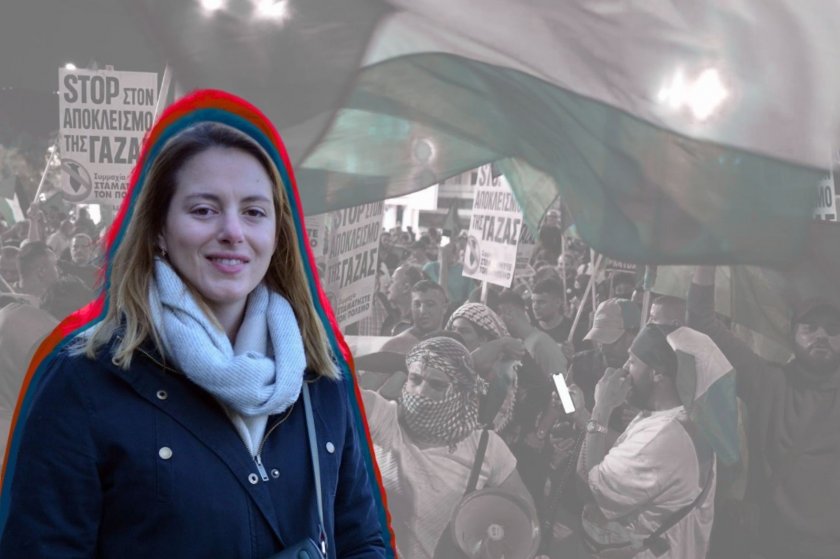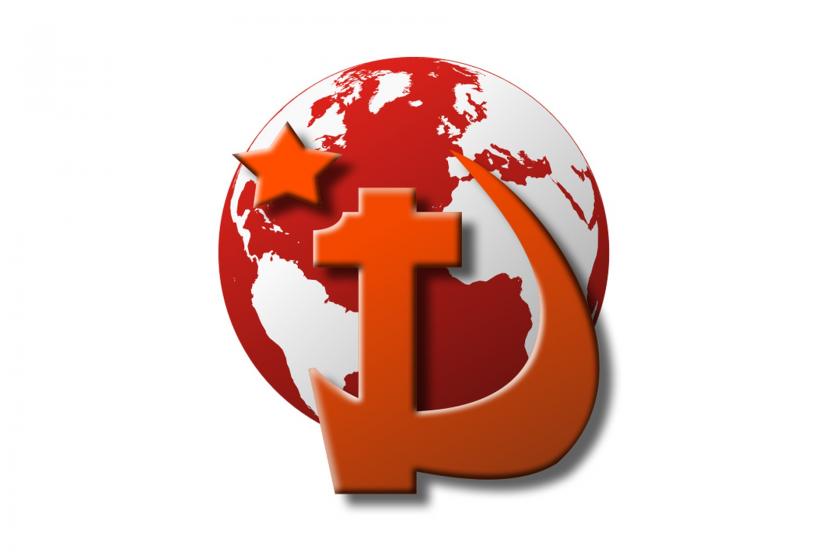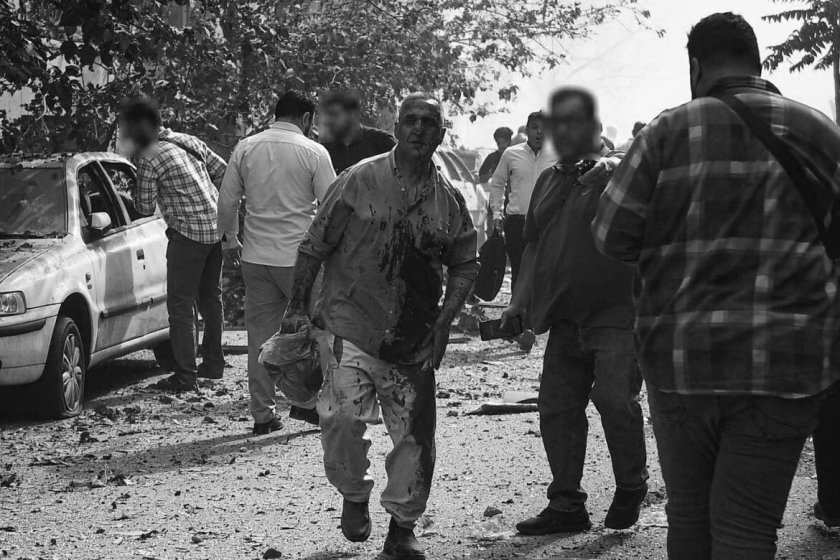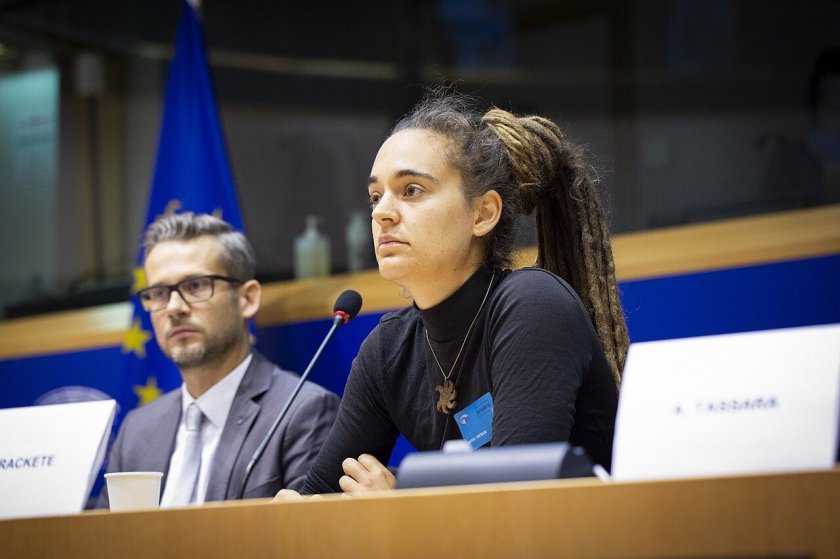Who are the winners and the losers of the Kurdish referendum?

Nuray Sancar

Independence was an issue discussed long before referendum, so local and global forces can not claim to be caught unprepared. This demand was articulated by Iraqi Kurdistan administration many times before. The referendum was timely for Barzani - trying to prolong his hold on power by preventing elections for the parliament - and his party. “Metal fatigue” is not unique to Turkey. This referendum gave Barzani the opportunity to recharge himself in the bosom of the Kurdish. The participation of tentative Kurdish parties and other ethnic circles provided Barzani with the potency he craves. Kurds and other ethnic minorities - voting for independence at the ballot box that provides the opportunity to determine their own political status –caused a shock to the slippery and unstable background and played a determining role in a new subjectivity in the Middle East; an area where the old borders are already blurred.
Although it is hard to determine how tensions caused by the situation in Iraqi Government, Turkey and Iran will evolve and what course independence will take, it can be claimed that it is the time of the Kurds. Yes, Kurds are the winners.
Prior to the referendum, challenging of political borders and limitations by the local Kurdish administration was welcomed by Turkey. It is not long since petrol was shipped, bypassing central Iraqi government; developing trade relationships; and the recent ceremonious declaration of Barzani as the leader of Kurdistan in a recent AKP Conference. The stark contrast between denial of independence to Kurds in Turkey and the close relationships with the independent Kurdish government was all too visible back then. Taking advantage of the vague political status of the Kurdish areas and the upheaval in Iraq, Turkey had formally expanded its own National Pact (Misak-ıMilli); today the AKP government is in such a state of panic, it is carrying out military exercises on the Iraqi border, in the belief that endurance of the government could be built on this; this is not linked only to losses in its close neighbours.
On the issue of Kurds, all attempts in the south and the north of the border are seen by the AKP government as an opportunity to reorganise and bring into the fold. While the wheels were coming off, at a time when the anxiety among AKP’s own electorate and the expectation of a collapse among other circles exposed a problem of legitimacy; the referendum gave a lifeline to politics feeding off heightened tensions.
As such, the ballot boxes were set up in not only Kurdistan but also in Turkey. As the voice of “NO” movement got louder against the demands of the Kurds, giving impetus to the action on the border; the opposition also was tested. Unable to unite on any other matter: CHP, falling in line behind the AKP-MHP coalition on the future of the state; ÖDP, defending nations’ rights to self-determination in theory but finding it distasteful in practice; TKP, claiming an imperialist impulsion; and other circles with a nationalist reflex at times of perceived threat found the Kurdish demand for referendum either untimely or dangerous. For some Kurdish circles, the independence card was always a source of ideological reservation.
There was a ‘NO’ camp that surfaced during the referendum of 16 April and enhanced by the ‘Justice Walk’. Such a wide coalition diluted this movement by creating a moral dilemma and ensured that the political leadership in Turkey were among the winners of this referendum. It is not possible to deny the fact that the awfully warn-out government – that tries to consolidate its hold on power by creating new fault lines among internal powers - is domestically revived by this short-term gain.
The domestic and international balances will now change. Those countries in the region with an anti-Kurdish reflex – Russia with its attitude of ‘wait and see’ and the US ‘that is ready for all eventualities’ – will seek new relationships with different Kurdish factions as well as yet more changing balances after the next shock. If this proves difficult, tensions will continue to accumulate the conditions for new interventions. Those who can try to fill their socks from this “creative chaos”.
And in Turkey, the opposition, has added its name to the list of losers when tested with nationalism, will find it hard to shake off the repercussions of its stance.
{{333354}}
Forwarding to the next article...
10 seconds remaining






Follow Evrensel